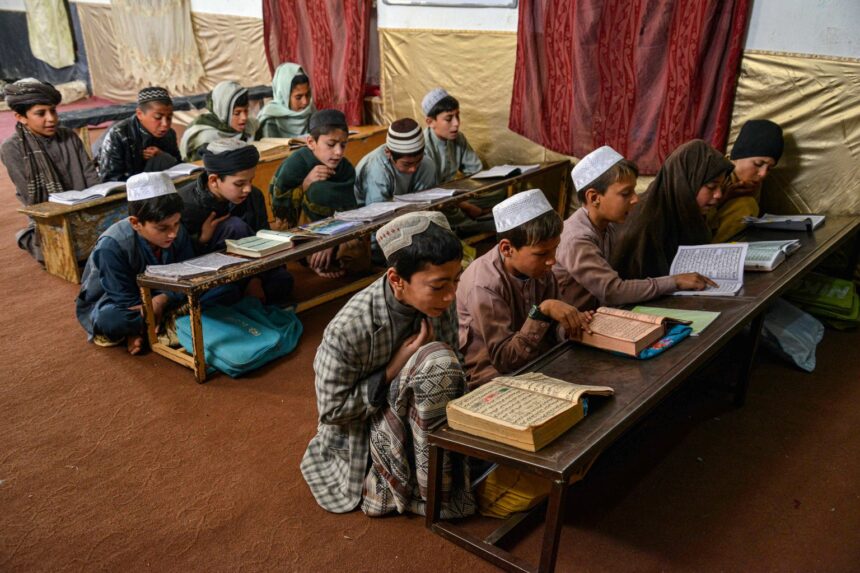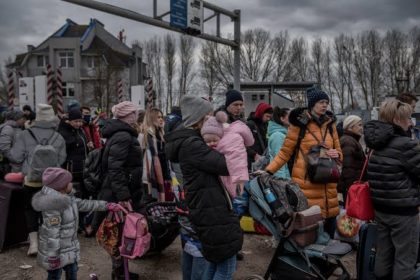RASC News Agency: Under Taliban rule, mosques and religious schools have been transformed into centers of fear, where ideological indoctrination is systematically imposed on society. The group aims to use these institutions as instruments of direct control over people’s lives, enforcing an extreme and authoritarian interpretation of Islam. Since reclaiming power in Afghanistan in August 2021, the Taliban’s governance has been defined by their instrumental, extremist, and selective use of Islam to impose rigid social obedience. Through an expanding network of religious institutions, they have escalated their pressure on the population, particularly targeting the youth, to confine them within their educational and ideological framework.
Instead of promoting a comprehensive and inclusive interpretation of Islam, the Taliban advocate a rigid, militarized, and highly selective version that suppresses dissent and enforces absolute submission. This doctrine is aggressively instilled in religious schools and mosques, where deviation is met with swift and often brutal consequences. Historically, the Taliban have branded any practice that contradicts their ideology as ‘forbidden’. Their ideological rigidity extends beyond religion, shaping social and cultural norms to align exclusively with their own dogma. Anything perceived as misaligned with their interests is declared ‘haram’ or against Islamic law, effectively silencing alternative views through coercion and intimidation.
Over the past three years, the Taliban have imposed absolute control over public and private life, dictating everything from banning girls’ education and music to enforcing restrictive dress codes and erasing cultural diversity. Through the complete seizure of mosques, pulpits, and religious schools, they have manipulated religious institutions to serve as instruments of blind obedience, fear, and systemic oppression particularly targeting the younger generation. Today, mosques and religious schools under Taliban administration are no longer safe spaces for worship or learning; instead, they function as indoctrination hubs designed to instill submission through psychological and physical coercion. Across many regions, these institutions have been transformed into centers of fear, where sacred acts like prayer and religious devotion are weaponized enforced through whippings, threats, starvation, and expulsions.
Many observers warn that this brutal approach not only distorts the essence of Islam but also fosters deep resentment, disillusionment, and alienation among future generations. The Taliban’s unyielding commitment to controlling religious schools highlights their broader ambition: to institutionalize their ideology, suppress free thought, and entrench a system of totalitarian rule under the guise of faith.
Taliban-Controlled Schools and Mosques: Centers of Fear and Indoctrination






